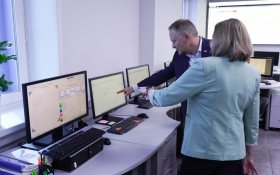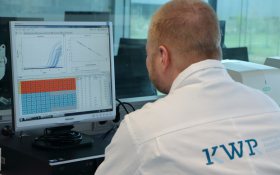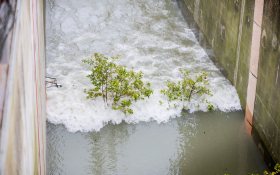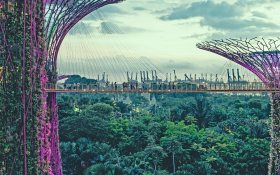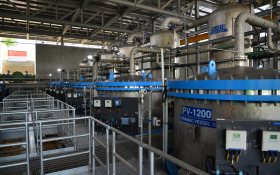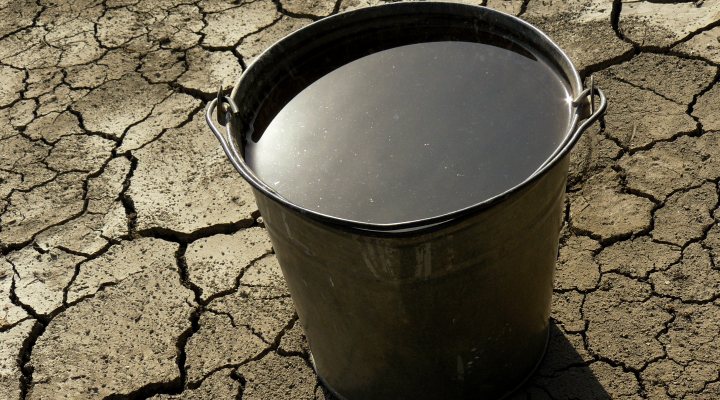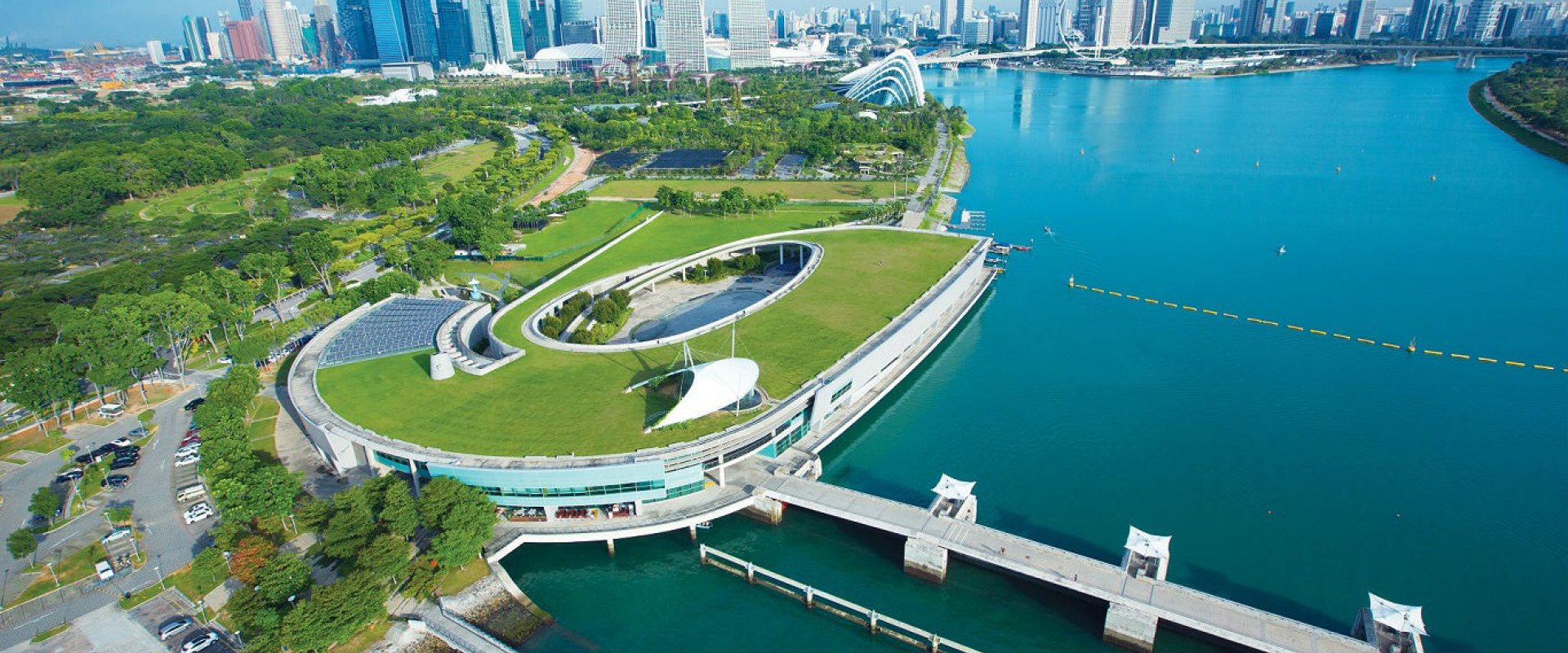
SIWW2021: New ways to address urban water stress
How do cities secure their water supply in a time of great uncertainty over the changing climate? This main question dominated the opening sessions of the Singapore International Water Week 2021. Three issues are key: water saving, water re-use and zero carbon footprint.
The kick off marked the start of a two-week packed online programme on global water issues and solutions.
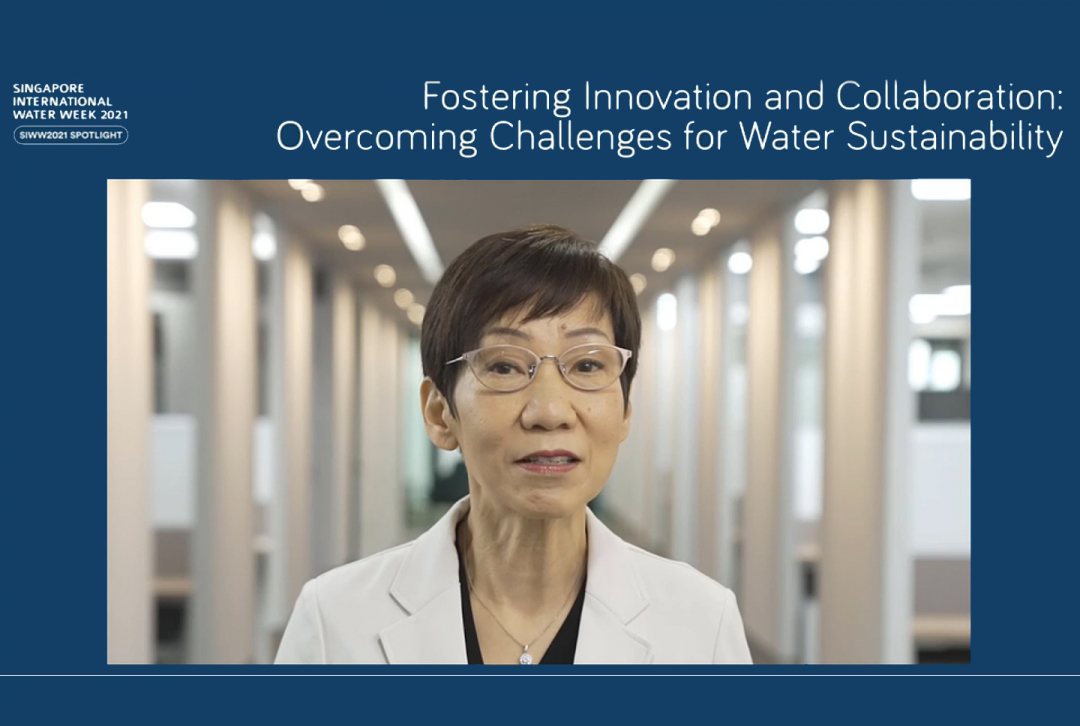

Common challenges
The 2021 online edition of the Singapore International Water Week was kicked off by Grace Fu, the Minister for Sustainability and Environment of Singapore. In her opening address the Minister disclosed the new plans by the Singapore national water authority to overcome water stress, increase flood protection and to achieve a net zero carbon emission by 2030 for the whole water sector. 'The Singapore green plan includes a 50 percent reduction of energy consumption for desalination and a doubling of reverse osmosis recovery for tap water.'
‘With our research and our collaboration with international partners we can contribute to tackle common challenges on global water security', minister Fu said. Fu specially mentioned the Singapore-Dutch collaboration on coastal protection. 'We jointly organised a series of workshops on the mitigation of rapid rising sea levels and the development of climate resilient infrastructure.'
'For Singapore it is important to build flood resiliency against the combined effects of inland flooding, rising sea level and storm surges', Fu added.
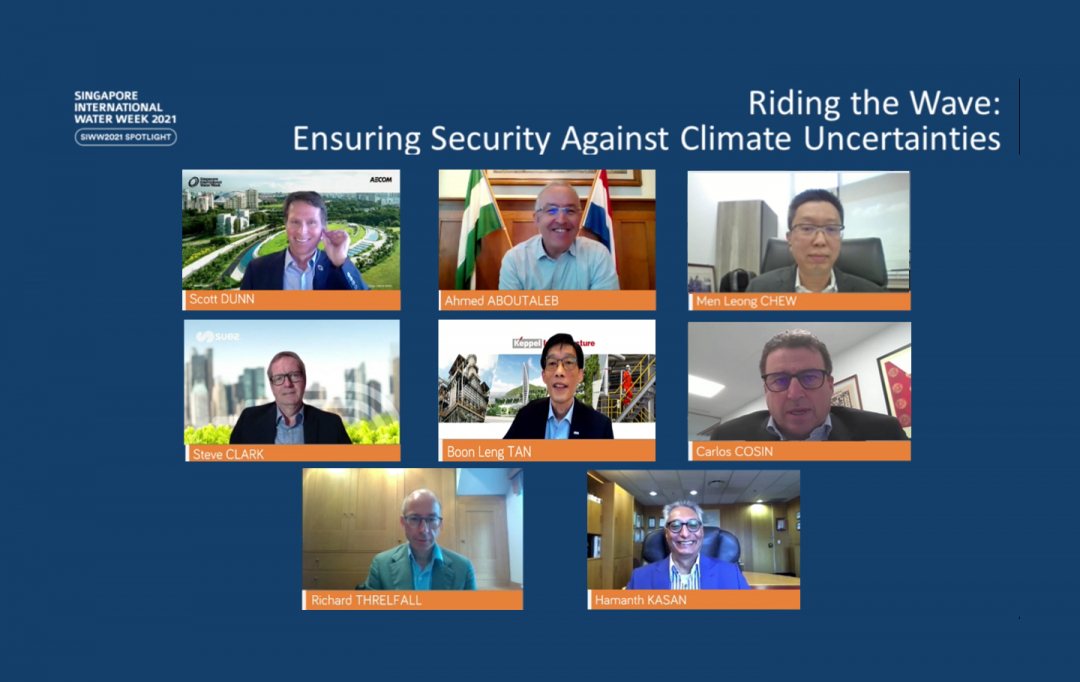

Urban planning
Mayor Ahmed Aboutaleb of Rotterdam, the Netherlands, participated in the opening sessions of the event and addressed the policy aspects of water resilient cities. ‘Water equals spatial planning and reversely you may say that spatial planning equals water’, he remarked. ‘It is important to include climate adaptation in all city policies to approach those instances when mother nature presents extremes. And I don't mean only technical solutions, but also a change in behaviour of the industry and the citizens’.
Aboutaleb pointed out that his city developed an all-in-one policy that is based on this philosophy. This policy builds heavily on creating green spaces and green roof tops. These interventions do not only allow for more storage of storm water, they also bring cooling during hot summers and ‘give lungs to the city’.
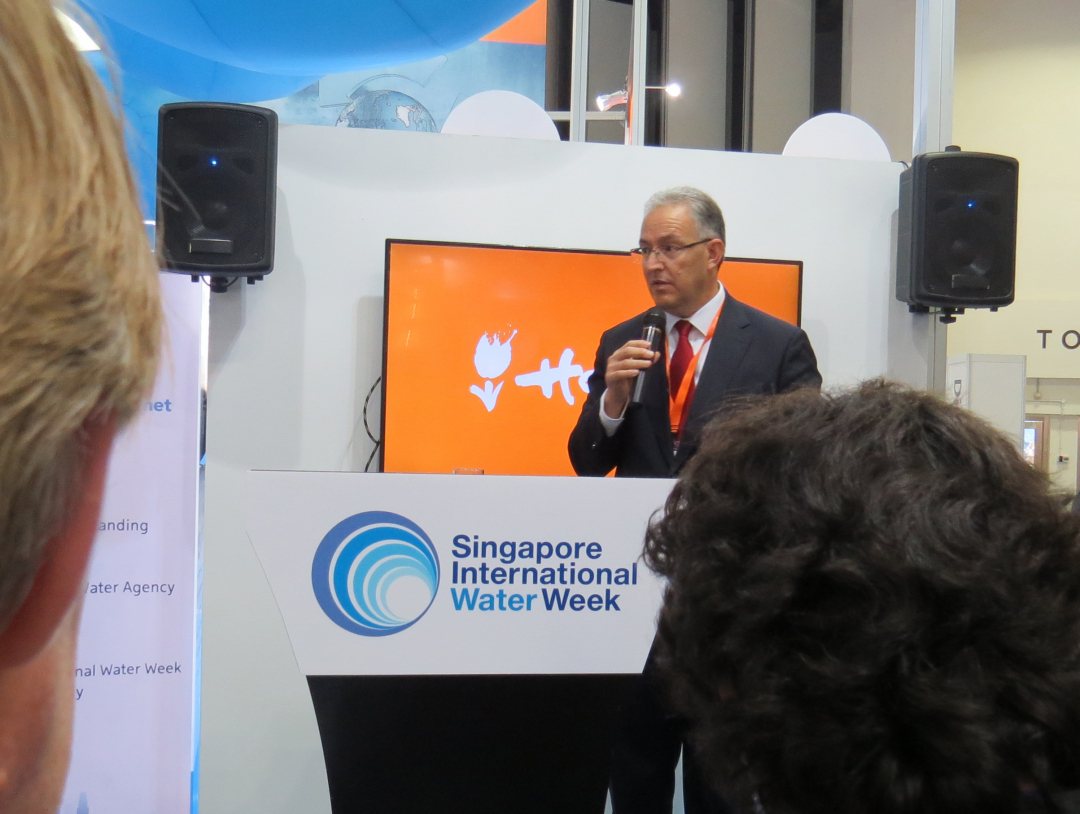

Depleting water resources
Currently, there is no urgent need for the city of Rotterdam to find other resources for its water supply, mayor Aboutaleb said. ‘However, this may be a different situation altogether after 2050’, he warned. Salt intrusion and low river discharges may force Rotterdam to start looking for other water sources.
‘And we are anticipating on these new scenarios by replacing the old sewer system with a two piped system. One pipe for black wastewater to be delivered at the wastewater treatment plant and the other for grey water, which in de long-term can be re-used for washing and watering of green spaces. Or it can infiltrate back into the groundwater.’
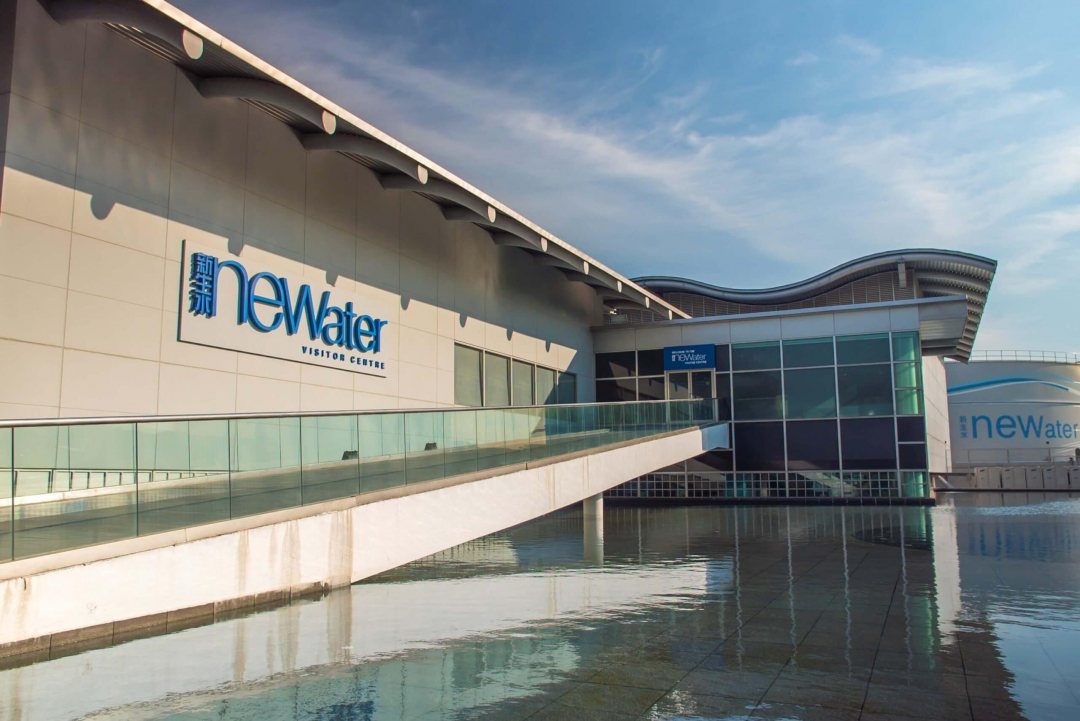

More water re-use
CEO Carlos Cosín at Almar Water Solutions challenged the global water community to raise the percentage of re-used wastewater from the current 4 to more than 60 percent. ‘This aim follows the target set by the Singapore national water authority PUB. Like Israel, Singapore is a true pioneer for water re-use. By 2060 they want to meet 60 percent of the total national water demand with re-used wastewater.’ Cosín also mentioned the new European directive that sets minimum standards for the re-use of wastewater in agriculture. This new legislation is expected to boost the re-use by six times.
Men Leong Chew, Head Urban Solutions at ST Engineering also took inspirations from the achieved water re-use in Singapore and Israel. ‘We need more precise control of our water resources and we have to be more persistent on our reduction targets’, he said. ‘Recycling has to be part of our future strategies. We have to keep more water within our cities.´
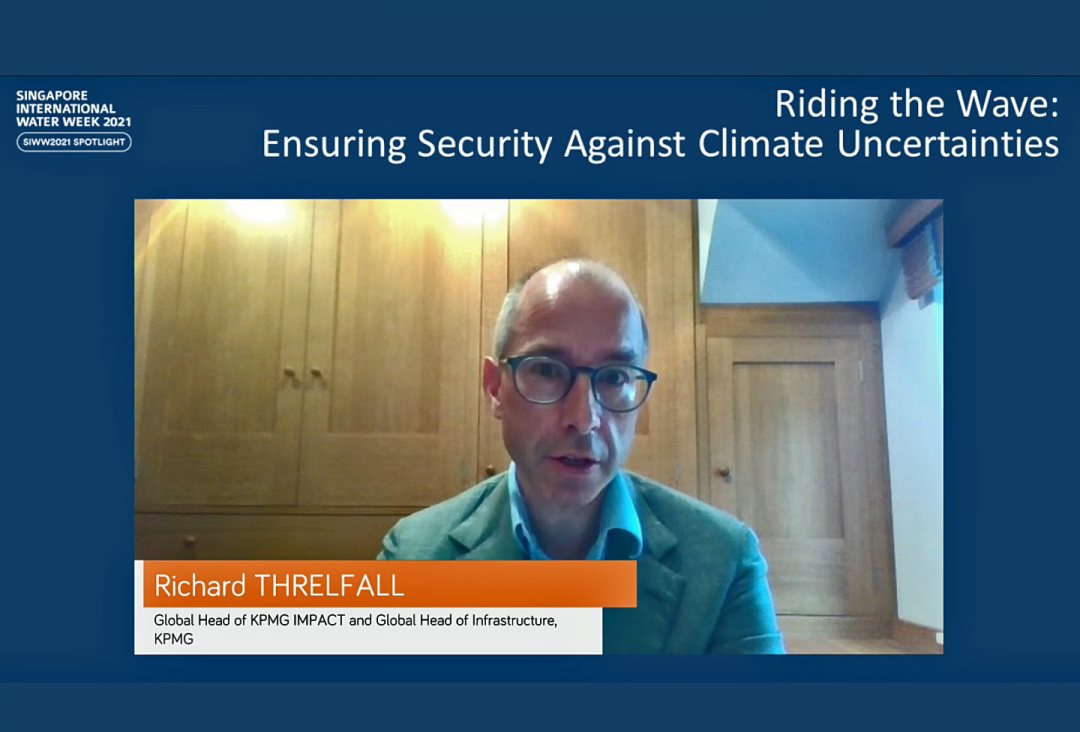

Commercial models
Global Head of KPMG Impact and Infrastructure, Richard Threlfall, advised the global water community to do more with the existing infrastructure. ‘Population growth and increasing living standards will make water demands to rise’, he foresees. ‘There has to be a wider commitment to the re-use of water. We need to create commercial models as an incentive for wastewater re-use and communications has an important role to play here. Current financial incentives tend to run the wrong way’, he says and suggests the idea of certification, resembling the carbon credit system. ’We can make these water re-use certificates available to major water consumers, trading credits as is already happening in the energy sector to achieve carbon neutrality.’
Data-analytics
Threlfall’s second area to build on, is the use of data-analytics that will enable a better tailoring of the current water systems. ‘More use of sensor technology and analysing data platforms will provide early warning of asset deterioration. And it will also create interfaces with all water users and other stakeholders in the supply chain’, he says. ‘It will provide the opportunity to influence the water use. One expects that it may also help to really understand the water footprint of businesses and the impact of water related events’.
Public health
In response, Aboutaleb raised the issue of water infrastructure being absent in many cities in developing economies. ‘Water is not sexy enough to generate the interest of politicians’, he noted. ‘We have to find positive ways to get water on the political agenda. For instance by emphasizing the importance of wastewater treatment on the improvement of public health.'

